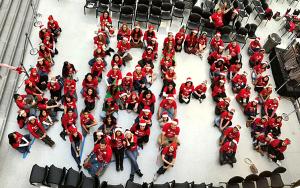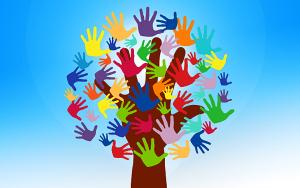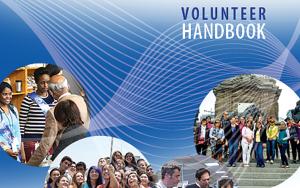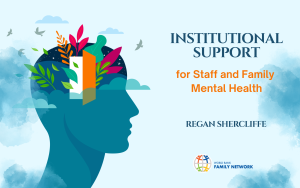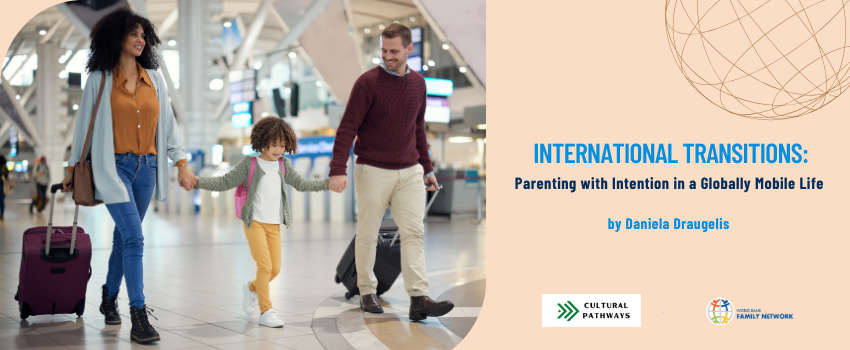
International Transitions: Parenting with Intention in a Globally Mobile Life
As we wrapped up the four-part webinar series “Navigating International Transitions and Raising Third Culture Kids”, I found myself reflecting on the journey we took together. This series was never about perfect answers. It was about creating space to explore the complex emotional landscape of global mobility, to better understand our Third Culture Kids (TCKs), and to reflect on our own experiences as globally mobile parents.
Whether you’ve spent years on the move or are navigating your very first international move, you know that living a globally mobile life is anything but simple. It’s layered, emotional, at times stressful and isolating. And at its best, it’s deeply meaningful.
I speak not just as a coach or intercultural trainer, but as someone who’s lived this life. For the last few decades, as the spouse of a World Bank professional and former international business executive, I’ve lived a life shaped by international moves, cultural adaptation, and all the joys and challenges that come with raising children across borders. I’ve watched my two sons, now young adults, grow into resilient, thoughtful adults shaped by their experiences and strengthened by the support systems we tried (sometimes imperfectly) to create around them. I’ve watched them thrive and sometimes struggle through transitions that few people understand. What I talk about today isn’t just theory. It’s lived. It’s personal. And that’s why this work matters so much to me.
For globally mobile families, identity, transition, and resilience are deeply intertwined. For children growing up between cultures this journey is both rich and complex as they struggle to answer the simple question: Where do I truly belong? Our role as parents isn’t to define their identity, but to walk alongside them as they discover their layered identities on their own terms.
But transition is more than geography or logistics; it’s a deeply emotional journey. Behind each move is a constant adjustment to new cultural norms, accompanied by goodbyes to friends, schools, familiar routines, and environments that once felt like home. These hidden losses, as described by Ruth Van Reken, can often go unnoticed, especially in young children who may not have the words to express what they’re feeling. This emotional residue of change can quietly accumulate, making it harder for children to feel grounded at a time when they are developing their own identity.
Having consistent anchors such as daily routines, family rituals and traditions, can help create a sense of stability when everything else around us is changing. Just as important are mirrors – trusted people who reflect a child’s experience with empathy and understanding to help our kids feel safe, seen, and grounded.
Resilience is not a trait we’re born with; it’s something we build and grow through practice, connection and open dialog. Lauren Wells’ concept of The Grief Tower serves as a powerful framework for how unacknowledged losses can stack up overtime and, if they go unrecognized, can become overwhelming. The antidote? Intentional rituals and routines, memory-making, space for honest conversations, and helping kids process and express their feelings.
One practical framework that supports healthy transitions is the RAFT model (Reconciliation, Affirmation, Farewells, Think Destination). Intentional goodbyes set the tone for healthy beginnings. Because farewells are not just about closure; they help us honor what mattered while preparing for what’s to come with a sense of openness, curiosity and emotional readiness.
If you are looking to deepen your understanding or find additional support, these are just a few of the wonderful resources (available in the WBFN office and online) that have shaped my own growth and I often recommend to my clients:
- Ruth Van Reken – Third Culture Kids: Growing Up Among Worlds is the foundational guide to understanding the TCK identity
- Lauren Wells – The Grief Tower and other resources for preventive care and grief processing
- Rhoda Bangerter – Holding the Fort Abroad provides strategies for solo parenting in global mobility
- Helen Ellis – Being a Distance Grandparent examines ways of nourishing precious family relationships.
- Dr. Anisha Abraham – Raising Global Teens focuses on guiding adolescents through identity formation, resilience and values in a cross-cultural world
- International Therapist Directory – is a global listing of therapists familiar with TCK issues
As you continue navigating this challenging globally mobile life, I hope you carry forward not just tools and models, but a deeper understanding of your children’s journey so you can support them with your presence, awareness, love, and permission to be fully themselves so they can thrive in this globally mobile journey.
Wherever you go next, may you leave well, arrive ready, and know you’re not alone.
Daniela Draugelis is a cultural intelligence (CQ) facilitator and certified coach (CPC), and founder of Cultural Pathways LLC. She helps global leaders and families develop resilience through cultural intelligence.

